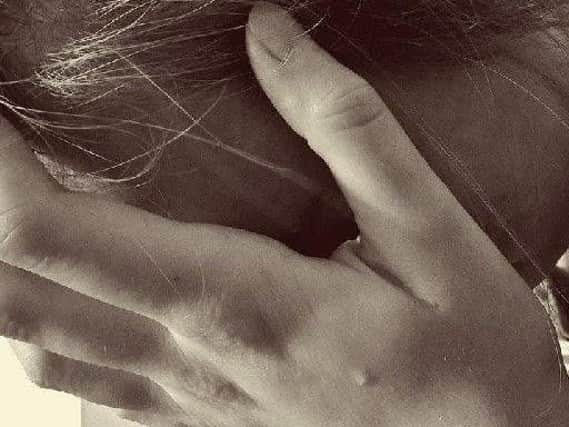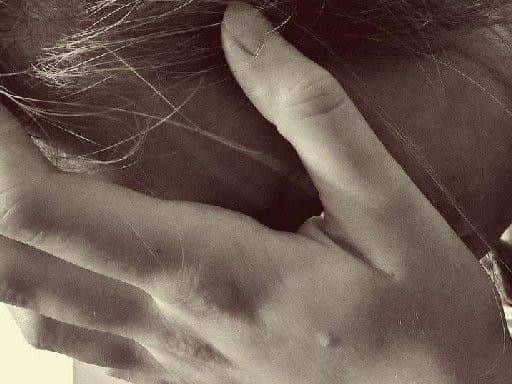Nottinghamshire Police drop almost 9,000 cases as victims do not want to press charges


Thousands of suspects are avoiding justice, and victims’ rights groups claim this could be due to victims fearing trials or humiliation by lawyers in court.
In Nottinghamshire, victims refused to support police action in 8,904 cases where suspects were known, between April and September 2018, the latest period data is available from the Home Office.
Advertisement
Hide AdAdvertisement
Hide AdThis makes up 36 per cent of all investigations where officers identified a suspect.


The majority of cases shelved, 5,648 incidents, involved violence against the person, which includes assault and grievous bodily harm.
Other offences dropped were rapes, robberies and sexual assaults.
The overall figure has more than doubled since April to September 2016, when 3,047 cases were stopped by victims, despite suspects being identified.
Advertisement
Hide AdAdvertisement
Hide AdVictim Support said the data could show "a lack of public confidence in the criminal justice system".
Diana Fawcett, chief officer at the charity, said: “Trials can take a long time to complete – around nine months on average – and many victims feel that they want to move on with their lives without prolonged distress a trial may bring.
“Having to travel to court, which can be far due to increasing court closures, can have a financial and emotional impact and this can also deter victims and witnesses.”
In Nottinghamshire, 74 robbery cases were discontinued in the 2018 period because the victim did not want to press charges, compared with 41 in 2016.
Advertisement
Hide AdAdvertisement
Hide AdThe number of sexual offence cases which were closed, despite a suspect being identified, increased by 143 per cent over the two years. Nottinghamshire Police were forced to drop 106 rape cases in 2016, as the victim did not want to continue the prosecution, compared with 209 in 2018. That’s a 97 per cent increase.
Katie Russell, of Rape Crisis, said: "Fear of the criminal justice system, of being treated like the one on trial, of harsh cross-examination in court, and of humiliation or embarrassment through the use of personal information during the trial, are certainly among the reasons victims and survivors tell us they choose not to pursue justice.
"This is linked to deeply problematic evidence disclosure practices, whereby victims and survivors are obliged to hand over their mobile devices and huge volumes of personal data, often entirely unrelated to their case."
She added: "It's clear from this data and other official statistics that the criminal justice system is currently completely failing victims and survivors of sexual offences."
Advertisement
Hide AdAdvertisement
Hide AdA Government spokeswoman said: "We are working closely with the police to look at ways to help forces better respond to reports of crime. We have also announced the biggest increase in police funding since 2010 and expect to see major progress in investigations as a result.
"We remain alert to changes in trends and new methods used by criminals and have taken decisive action to help prevent serious and violent crime taking place, through supporting community-based early intervention projects."
Detective Chief Superintendent Gerard Milano, Nottinghamshire Police’s Head of Crime, said: “It is important that investigations have the best interests of the injured party at heart. We will therefore continue to be victim-led wherever appropriate. We can, and often do, pursue evidence-led prosecutions if we believe it's in the public interest and the right thing to do.
“We will of course continue to be committed to working closely with partners in order to encourage victims of crime to come forward and engage with us and we continue to give support and advice to victims throughout their case.”